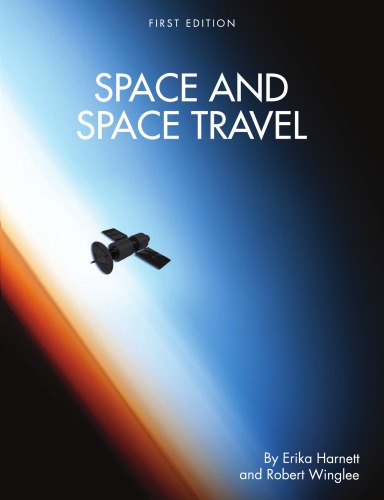

Most ebook files are in PDF format, so you can easily read them using various software such as Foxit Reader or directly on the Google Chrome browser.
Some ebook files are released by publishers in other formats such as .awz, .mobi, .epub, .fb2, etc. You may need to install specific software to read these formats on mobile/PC, such as Calibre.
Please read the tutorial at this link: https://ebookbell.com/faq
We offer FREE conversion to the popular formats you request; however, this may take some time. Therefore, right after payment, please email us, and we will try to provide the service as quickly as possible.
For some exceptional file formats or broken links (if any), please refrain from opening any disputes. Instead, email us first, and we will try to assist within a maximum of 6 hours.
EbookBell Team

5.0
110 reviewsSpace and Space Travel is a comprehensive introductory overview of subject matter related to exploration of the solar system.
After an initial discussion of energy, power, and the atom, the book explores the Sun and its impact on planets and the space environment, the conditions in space, the fundamentals of space travel, and planetary destinations. Specific topics include the solar interior and atmosphere, space plasma environments and weather, advanced propulsion, the inner solar system, and asteroids and beyond.
Photographs, charts, and graphs support the text and enhance learning.
Space and Space Travel is broadly based, and can be used in classes that discuss planetary science, space science, space technology, and human space flight. It is suitable for junior and senior level high school courses, as well as survey courses at the university level.
The book is also an excellent jumping off point for technical classes that explore a specific topic in detail, but require general background knowledge.
Erika Harnett holds a Ph.D. in geophysics from the University of Washington, where she is currently a research associate professor in the Department of Earth and Space Sciences. Dr. Harnett is involved in developing advanced computing techniques to create models for space weather applications.
Robert Winglee earned his Ph.D. in physics at the University of Sydney. He is a professor and the chair of the Department of Earth and Space Sciences at the University of Washington. Dr. Winglee's research interests include the development of in-space propulsion technology, and the study of planetary magnetospheres.